Schedule a Call Back
Electric 3-wheelers driving change: Naveeth Menon
 Articles
Articles- Feb 21,25
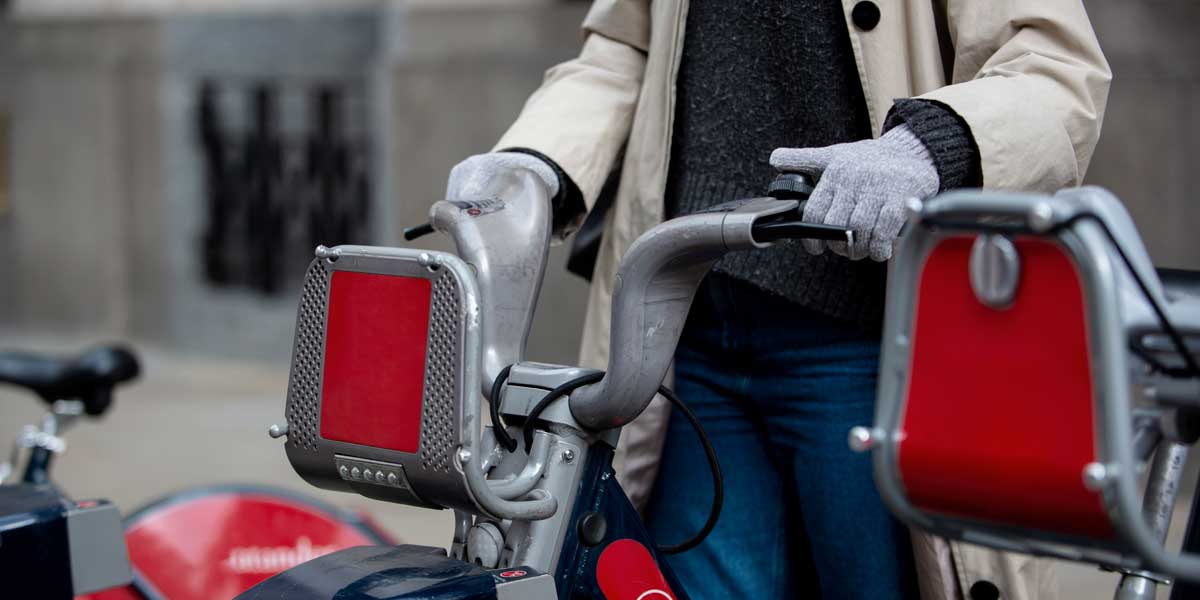
Related Stories
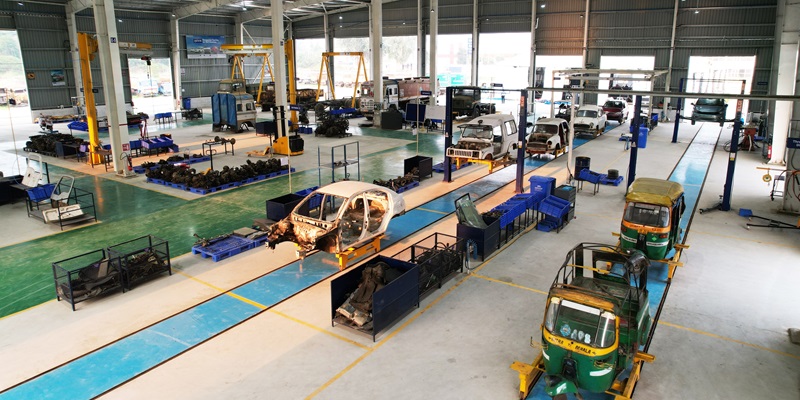
Tata Motors inaugurates advanced vehicle scrapping facility in Kolkata
Equipped with cell-type dismantling for commercial vehicles, two-wheelers and three-wheelers, and line-type dismantling for passenger vehicles, there are dedicated stations for the safe dismantling ..
Read more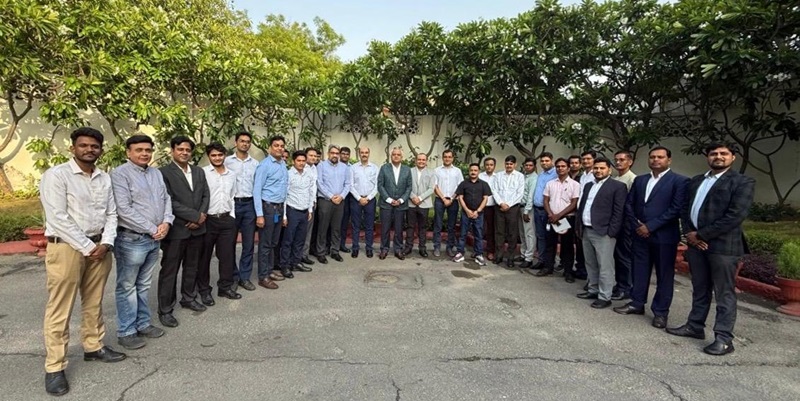
Aerem Solutions and OMC Power partner to finance solar rooftop adoption by MSMEs
Under this agreement, Aerem through its NBFC, will enable credit facilities of Rs 2 billion to OMC Power’s customers, enabling MSMEs to invest in energy-efficient solar systems with easy financing..
Read more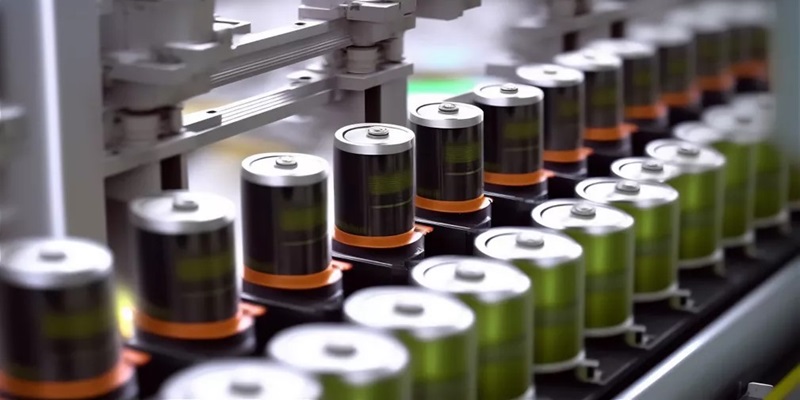
Exide Industries in battery talks with EV makers
Hyundai is set to become the first Indian automaker to use locally manufactured battery cells for electric vehicles through its agreement with Exide’s subsidiary, Exide Energy Solutions, signed in..
Read moreRelated Products

Geared Electric Motors
Delco Fans Pvt Ltd offers single phase capacitor run and three
phase geared Instrument motors, totally enclosed face/foot mounted.

“Kusam-Keco” Partial Discharge Acoustic Imager - Model - Km-pdai
‘Kusam-Meco’ has introduced a new “Partial Discharge Acoustic Imager Model KM-PDAI.
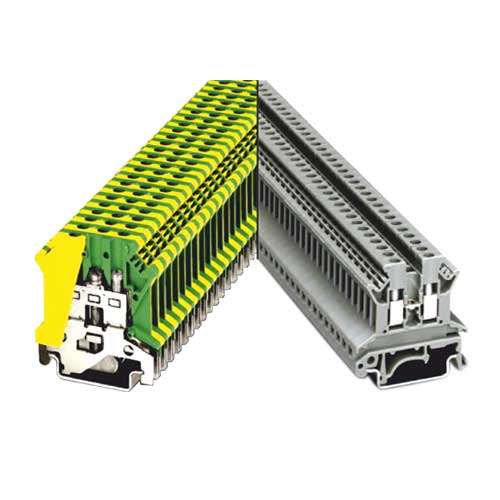
78 Series Din Rail Terminal Blocks
Werner Electric Private Limited offers a wide range of 78 series din rail terminal blocks.












